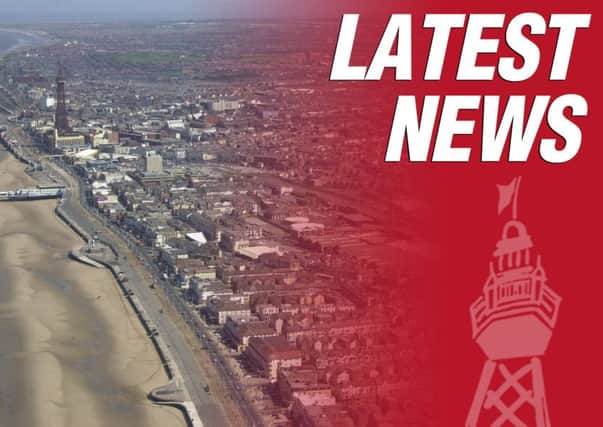Resort tops living wage shame list


A survey from the TUC shows the town has more than two in five people working in jobs where they get paid less than £7.85 an hour.
The resort is named as the worst area in the North West and the seventh worst in the country for poor rates of pay.
Advertisement
Hide AdAdvertisement
Hide AdBased on figures obtained from the House of Commons Library, the survey says 42.1 per cent of the jobs based in Blackpool South pay less than the living wage.
This is followed by Heywood and Middleton (39.8 per cent), South Ribble (38.1 per cent), West Lancashire (37.7 per cent) and Leigh (36.7 per cent).
For working women the picture is even more bleak, says the TUC, with 50.7 per cent of those working in Blackpool South being paid less than £7.85 an hour. The minimum wage is £6.50 an hour.
The figures have prompted one councillor who has campaigned on the living wage to call for more to be done to improve pay rates in the resort.
Advertisement
Hide AdAdvertisement
Hide AdCoun Mark Smith, from Talbot Ward, said: “I campaigned to get the council to pay its workers the living wage, which it did, and if we could get more organisations doing that it would be a boost for our economy.
“I know we don’t have many big manufacturing or engineering businesses in the area which can pay better wages and a lot of the businesses are small firms who would struggle to pay their employees more, but they would get a benefit in the long term through having a better looked after, more loyal and motivated workforce to help them develop their business.
“Blackpool’s economy would be better because people paid more are more likely to spend more in the local area so that money would be recycled. There would also be an improvement in income tax receipts. People wouldn’t move from job to job so there would be continuity, which would help businesses plan long term.”
North West TUC regional secretary Lynn Collins said: “Extending the living wage is a vital step towards tackling the growing problem of in-work poverty here in the North West and Britain as a whole. Working families have experienced the biggest squeeze on their living standards since Victorian times, and these living wage figures show that women have been hit the hardest.
Advertisement
Hide AdAdvertisement
Hide Ad“Pay has been squeezed at all levels below the boardroom, and it’s time that the government and employers recognised that Britain Needs a Pay Rise.
“Without action on pay and the living wage it will take years to get spending power back into our economy.
“The number of living wage employers are growing rapidly, which is great news and unions are playing their part in encouraging more employers to sign up and pay it.
“But we need to see a far wider commitment to pay the living wage from government, employers and modern wages councils – to drive up productivity and set higher minimum rates in industries where employers can afford to pay their staff more.”